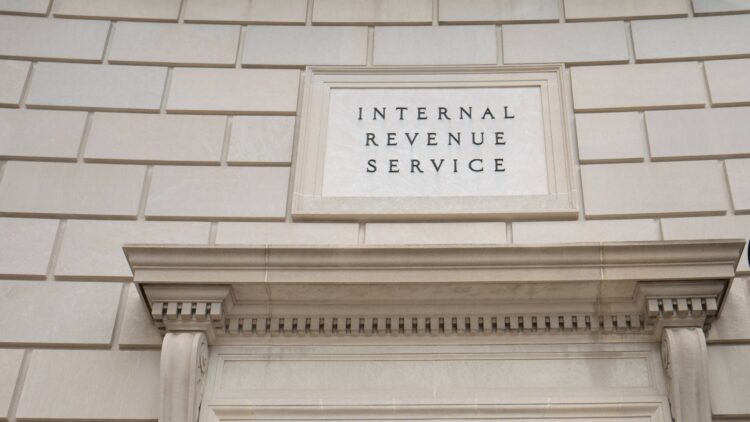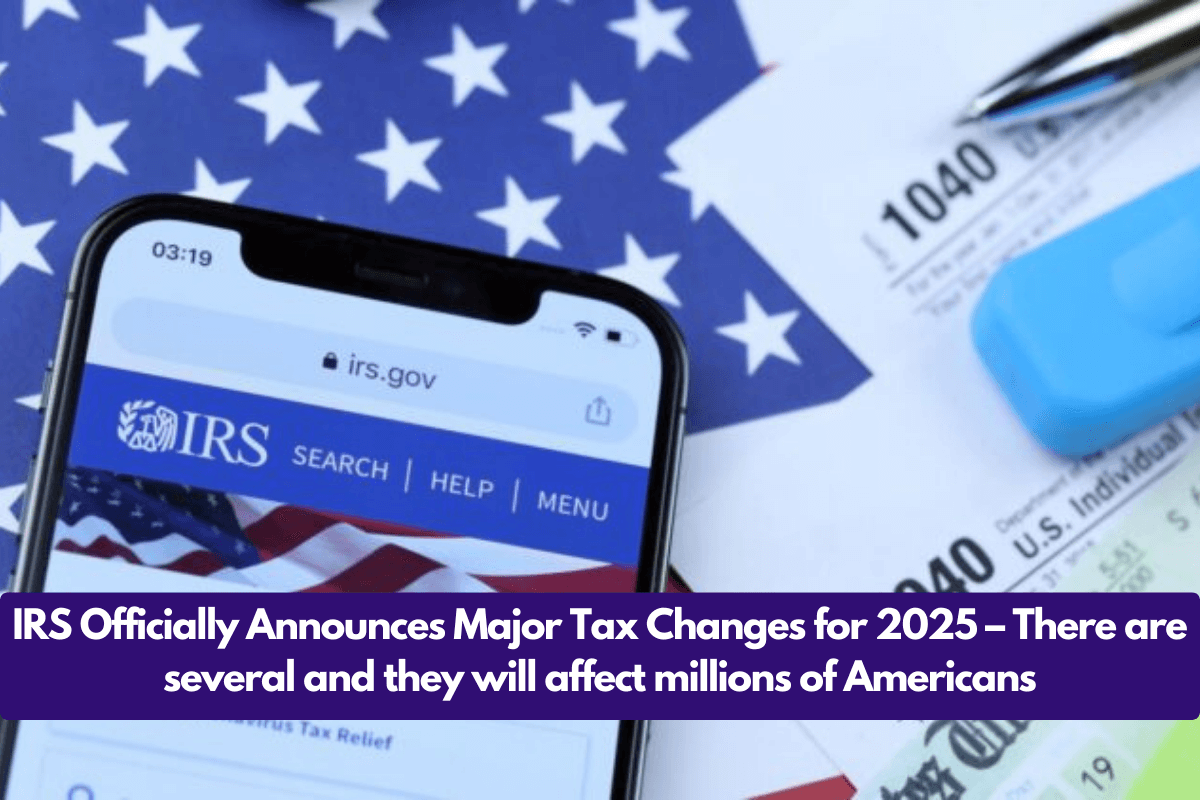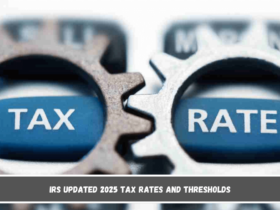Taxes are an unpleasant reality for most adults, and because the tax code is constantly evolving, it can be difficult to keep up with all of the changes that the Internal Revenue Service (IRS) implements each year to ensure it remains current. 2025 will be no exception, and a few changes have already been announced that taxpayers should consider before the start of the year.
These changes will affect how much you pay or save in taxes, as well as the change in cost of living, which should benefit the majority of regular Americans. The changes include increases in standard deductions, tax bracket thresholds, adoption-related expenses, commuting, and income earned outside of the country.
With over 60 changes coming, it can be difficult to keep up, and the assistance of tax professionals can be invaluable in cases where your returns are complex or you are in a high tax bracket, but for middle to low-income families, there are nine major changes that should be considered.
The new changes implemented by the IRS
The standard deduction amount will increase in 2025. Most Americans choose not to itemize their deductions because the standard deduction is always more beneficial to the average taxpayer.
This deduction helps offset the long-term effects of inflation and puts money in taxpayers’ pockets, which is why, in 2025, single taxpayers can now deduct $15,000, married couples filing jointly can deduct $30,000, and heads of households can claim $22,500.
The Alternative Minimum Tax exemption, which is intended to ensure that high earners pay a minimum tax, has been increased to $88,100 for individuals and $137,000 for joint filers. While this may not be good news for higher earners, middle earners may be spared in this tax cycle.

Income tax brackets have also been adjusted to account for rising wages, preventing taxpayers from paying more as their salary rises alongside the cost of living. The only income tax bracket that the IRS has not adjusted is the 37% top tax rate for single earners.
The monthly transportation and parking allowance for employees who receive employer-sponsored benefits has been increased to $325. This benefits commuters in urban areas where transportation costs are high.
Allowable contributions to health flexible savings accounts will also increase, with a maximum deposit of $3,300 of pre-tax income.
Americans working in other countries will see an increase in their exclusion income of up to $130,000 of foreign-earned income, reducing the possibility of double taxation.
The maximum earned income tax credit for low- to moderate-income families with three or more children will increase to $8,046 in 2025, assisting working families in meeting their financial obligations in the face of rising inflation.
The estate tax exclusion increases to $13.99 million, but those with large fortunes should consider the future of this tax, as the provision expires in 2026 and, if no legislation is passed, levels will return to pre-2018 levels.
Last but not least, new parents will receive a little more assistance when beginning their adoption journey, as the maximum adoption credit has been increased to $17,280 to help them cover qualified expenses, reducing the financial burden associated with adoption.
All of these changes, and more, can be found on the IRS website; therefore, if you believe there may be a change affecting your own taxes, you should review the specific section that details the credit. This way, you’ll be up to date on the latest changes and can adjust your behavior accordingly.
Read Also :- Social Security check from a deceased retiree – These are the people who can claim their monthly payment











Leave a Reply